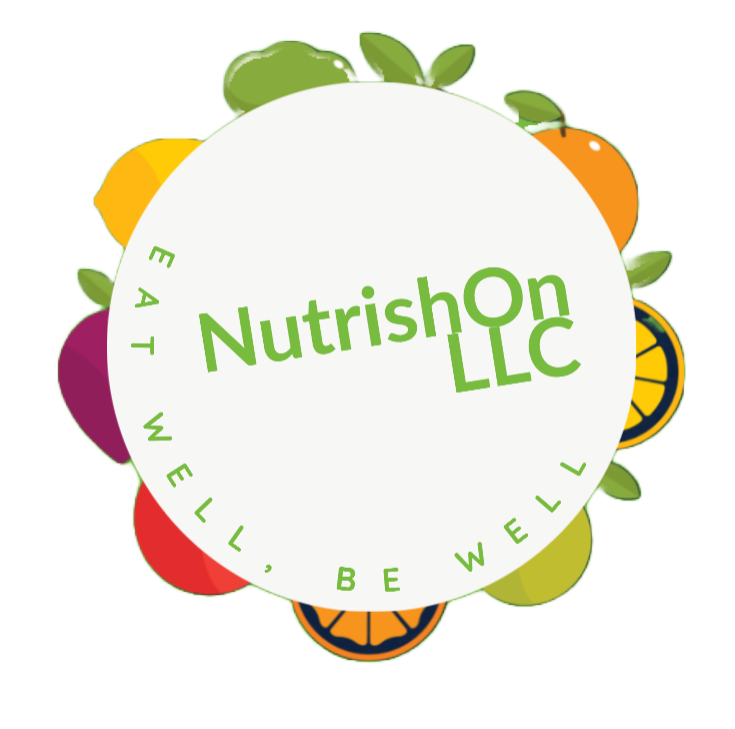If You “Carrot” All You’ll Focus on Getting In Your Vegetables
I guarantee it is NO surprise to any of you reading this that vegetables (and fruits) are an important part of your daily intake and they’re not to be passed up. But in the same way it is important to eat vegetables period, it is equally as important to make sure to eat a mixed variety of vegetables in your daily intake. There is not one single vegetable which provides the nutrients necessary to be healthy. Frozen and canned vegetables still offer good vitamins and minerals so they are just as acceptable as fresh vegetables; the only things to consider when buying these convenient options over fresh is that they may have added sodium or sugars so be sure to check the labels first and perhaps pick options with “no added salt” or “low sodium” on the label.
According to the United States Department of Agriculture (USDA), there are a few different categories of vegetables which offer a variety of vitamins and minerals; these different categories include: dark-green vegetables, red and orange vegetables, beans/peas/lentils, starchy vegetables, and “other” vegetables. The amount of vegetables you should eat depends on your sex, age, height, weight, and level of physical activity. The USDA recommends that women age 19+ consume between 2 and 3 cups of vegetables daily and men age 19+ consume between 3 and 4 cups of vegetables daily. 1 cup of raw or cooked vegetables or vegetable juice OR 2 cups of raw leafy salad greens count as 1 cup of vegetables.
Including vegetables in your daily intake helps to increase your intake of potassium and fiber—a duo which many have trouble getting enough of. Potassium is an important essential mineral in the diet because it helps to maintain the balance of fluid inside our cells along with sodium. Potassium also helps with muscular contractions and supports normal blood pressure by relaxing the walls of blood vessels. Good vegetable sources of potassium include tomato products, beet greens, potatoes, sweet potatoes, spinach, lentils, kidney beans, to name a few. Dietary fiber is another important component of vegetables as it can help promote bowel movement regularity, reduce cholesterol levels, and lower the risk of heart disease. The USDA recommends that adults eat roughly 28 grams of fiber per day (according to a 2,000 calorie/day diet). Fiber can also help to maintain blood sugar levels and thus reduce blood sugar spikes during mealtime.
Most vegetables are also typically naturally low in calories and fat so they are healthy options to include in your repertoire. Some of the most notable vitamins and minerals which can be found in vegetables include: folate, Vitamin K, Vitamin A, and Vitamin C. Vegetables are rich in antioxidants which can may help prevent cancer. The extra-vibrantly colored vegetables especially provide these antioxidants.
Research has found that the higher the intake of vegetables, the lower the risk of developing cardiovascular disease over time; in one study they found that those who averaged 8 or more servings of vegetables per day were 30% less likely to have a heart attack or stroke than their counterparts who ate 1.5 servings or less per day.
